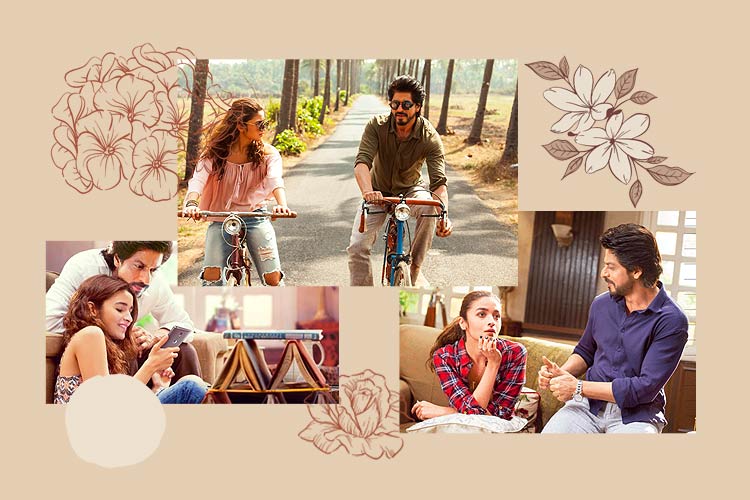
20+ Dear Zindagi Quotes To Make Your Life More Peaceful
Kaira has insomnia as a result of a series of job and romantic setbacks. She consults Dr. Jehangir Khan, a psychotherapist who treats her in unusual ways. With its superficial humor, sarcasm and detachment, and emotional numbing, modern Indian society look down on vulnerability.
It is encouraging and refreshing to see a popular Bollywood film starring Bollywood actors discuss mental health so that it doesn’t gloss over the finer points.
Dear Zindagi also explores the shortcomings of a ‘family’ that is otherwise wrapped in beauty and placed on a pedestal from which we cannot point out defects. Dear Zindagi, quotes have helped us relate to a whole new level.
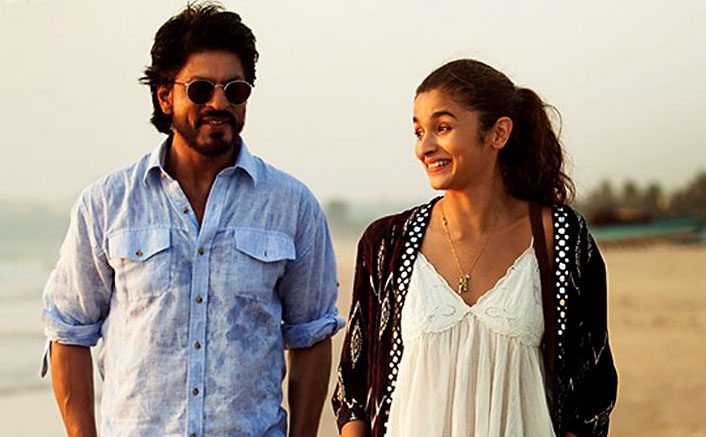
Some films are more than just entertainment; they become catalysts for people to think about life in new ways. One such film is Dear Zindagi.
It is a love letter to life that’s been waiting to be written for a long time. And we’re grateful to director Gauri Shinde for bringing order to the chaos we face daily.
Gauri encourages us all to love our imperfect, messy, and flawed existence in Dear Zindagi. April marks the third anniversary of the film’s debut, so we have compiled a list of some quotes from Dear Zindagi that made us pause and reflect on various aspects of life.
One of the most relatable Dear Zindagi quotes goes like this:

Success isn’t always about difficult paths. It is not about how much you punish yourself. It is about when you’re determined to undertake it: (from Dear Zindagi quotes)

A famous scientist, Albert Einstein, once said that one has gone mad when one repeats the same work every day, expecting the result to change.

Accepting your own self is bigger than what others think you to be: (another Dear Zindagi quote)

One who has the answer to everything isn’t a genius. One that has the patience to do everything is:

You need to cry openly to laugh selflessly: (another excerpt from Dear Zindagi quotes in Hindi)

A habit that has developed over time should be thought over and over again because a genius should know when to stop it:

The steering wheel of your car, aka Life, should be in control of you. Otherwise, some other driver can take hold of it:

We always seek options before selecting a chair. Then why can’t that apply for life partners as well?

Dear Zindagi, quotes in Hindi are quite beautiful too.
Life is similar to a jigsaw puzzle. People are like the missing pieces and can only help you connect. But you, only you, can complete it! (relatable Dear Zindagi quotes)

Some instances of exemplary Dear Zindagi Quotes in English are as follows:

“Losing friends as you grow up is a sign of growing up.”

“Safe feel karne ke liye pehle saare dar mitana zaroori hai!“
Every individual’s life is like a rollercoaster ride with numerous ups and downs, but how we recover from our setbacks is entirely up to us.
“We are the creators of our destiny and the destroyers of our lives; it is all in our hands,” a famous personality once stated. If we become stranded in a predicament, we have one special person who always acts as our mentor or guide and rides our boat to the beach; everyone needs someone to save them at some point in their lives. In the film Dear Zindagi, Kaira (Alia Bhatt) was in a similar circumstance, and Dr. Jahangir Khan (Shahrukh Khan) came to her rescue by teaching her some crucial life lessons. It is one of the exceptional Dear Zindagi Quotes in English.
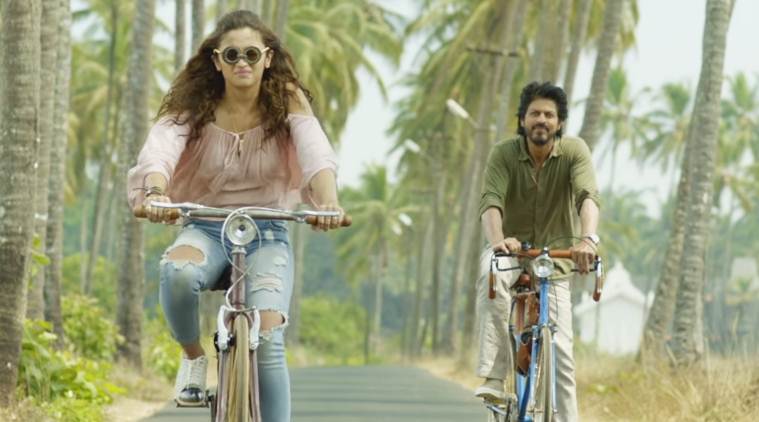
We have learned all the wrong ways of expressing emotions. How can we expect to express love when the entire concept of emotion is fouled.

Even the songs give us a sense of positivity: Dear Zindagi quotes in the form of songs.
“Jo dil se lage
Usey keh do Hi, Hi, Hi
Jo dil na lage
Usey keh do bye, bye, bye
Aane do, aane do
Dil mein aa jaane do
Keh do muskurahat ko
Hi, Hi, Hi, Hi
Jaane de, jaane do
Dil se chale jaane do
Keh do ghabrahat ko
Bye, bye, bye, bye, bye, bye…
Love you Zindagi
Love you Zindagi
Love you Zindagi
Love me Zindagi.”
Gauri Shinde returns with Dear Zindagi, a female protagonist-centered story that tries to unsettle tropes in our judging society four years after her well-received debut with English Vinglish. Dear Zindagi, quotes are relatable on a whole different level and way. They are bound to motivate you.
Dear Zindagi quotes, starring Alia Bhatt and Shah Rukh Khan as her psychiatrist, is about Kaira (Alia), an ambitious cinematographer who works on minor advertising and projects but dreams of shooting a full-length feature film. Kaira’s confident banter and hands-on body language in the opening segment inform us that she is very talented and knows her profession well.
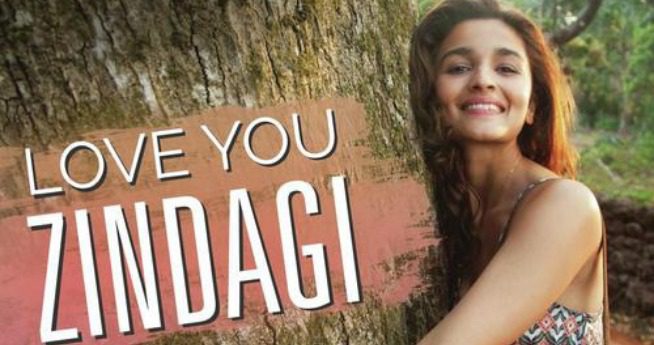
However, she is unsure if she is being offered a big break in a feature film because of her talent or because one of the co-producers finds her attractive. Raghuvendra (Kunal Kapoor), the co-producer, is also the one with whom Kaira is having an affair with her present boyfriend, Sid (Angad Bedi).
Soon, we learn about Kaira and her issues: a career woman who isn’t sure if she should be grateful for her talent or hunt for possibilities, and one who is struggling with heartbreak when a gentleman dumped her for another female.
After being evicted by her landlord because “she is single,” she decides to return to her hometown of Goa. Because she has a tense relationship with her parents, the prospect of living with them makes her even sadder. It sounds like something I might relate to. Kaira decides to meet a ‘dimag ka doctor called DD’ to help her deal with everything.
When Shah Rukh Khan walks into the scene, the frame is filled with his charisma and charm. The psychiatrist who treats Shah Rukh is kind, charming, and amusing. The film then follows Kaira’s sessions with Dr. Jehangir Khan or Jug, who gives her advice on life, relationships, dealing with one’s feelings, and keeping happy, among other things. It may have been as inspiring and compelling a story as Gauri’s debut (Sridevi-starrer English Vinglish), but it lags far short.
Kaira’s description of her own anxieties and flaws to Jug is surreal. Cliches abound in the discourse, which does not come off as natural. It is a tough fight to make it sound believable with Dear Zindagi quotes like a stoned character stating, “Genius wo nahi hota jiske paas sab sawaal ke jawaab hon, genius wo hota hai jiske paas jawaab tak pahunchne ka patience ho,” or a psychiatrist saying “We are all our own teachers in the school of life.”
There is a lot of banter that is supposed to be deep and philosophical in the film but is just plain, shallow banter. On the other hand, Gauri shows off her talent in her second picture, portraying a professionally strong and straightforward female protagonist who isn’t afraid to inform her partner that she cheated on him and even apologizes.
The film also marks another milestone in Bollywood filmmaking, as practically the whole plot is placed within the confines of a psychiatrist’s office, shattering stereotypes about mental illness. The best part is that Kaira isn’t depressed; she just went to the therapist since she hadn’t slept in three days.
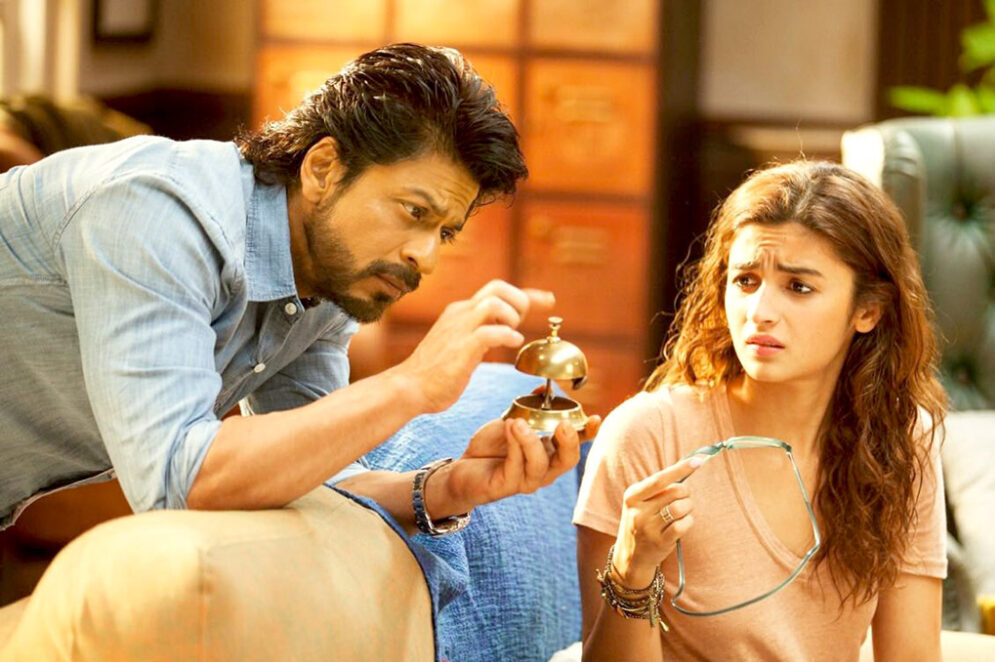
Alia confronts her family near the end of the film and talks about all the concerns she has been battling – a scene that is eerily similar to one from Imtiaz Ali’s Highway (2014). Alia is equally at ease as a clever professional and as a scared young girl.
While Aditya, Kunal, and Ali Zafar, who play her loves or boyfriends, are more like guest performers than fully fleshed-out characters, Kunal Kapoor stands out among the youngsters and portrays his role with finesse. Shah Rukh Khan contributes his charisma and experience to the part, and Jug’s wits make him unique.
However, the storyline and language detract from the film’s overall excellence. Another aspect that did not work is when Kaira needs yet another love relationship to fall back on, despite the film’s overall message that romance isn’t the be-all and end-all in life.
This might have been a magnificent “slice-of-life” picture with various themes to be commended if Gauri had brought better-etched characters and dived further into the inner turmoils of her hero. She finishes up with a film that “could-have-been-amazing.”
Yet one of the most encouraging aspects of Gauri Shinde’s film—her second following the critically acclaimed English Vinglish in 2012—is its emphasis that seeing a shrink isn’t unusual. Kaira is seeking therapy because she is having difficulties sleeping, not because she is depressed or hearing voices. She urges her frightened home help over Skype to think of Jug as a dimaag ka doctor, someone to whom they can confide their issues.
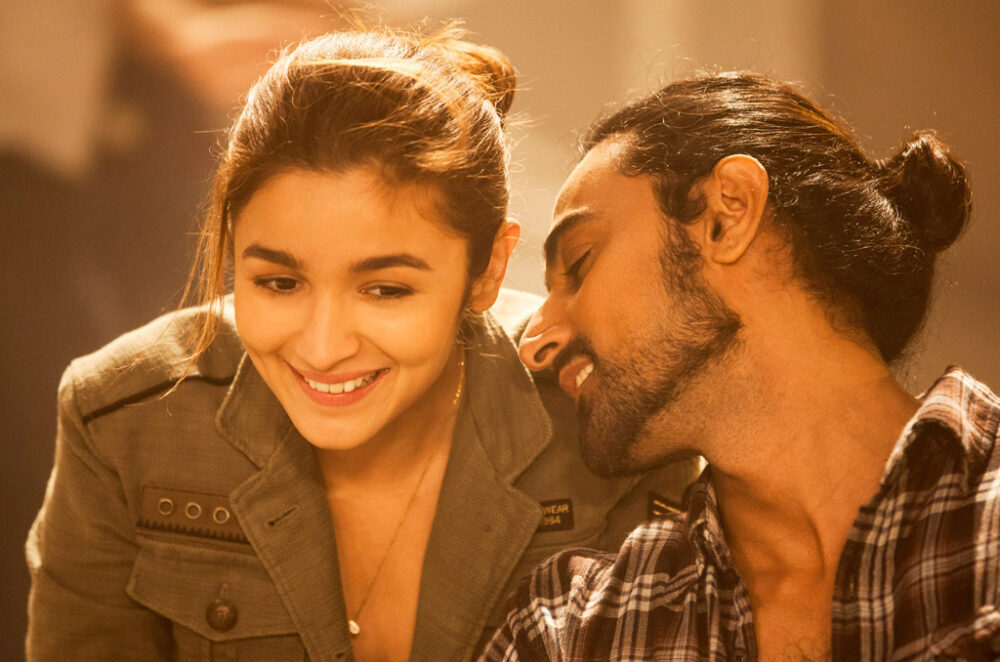
She questions her family why It is appropriate to state you’re seeing a doctor but not a mental health specialist in a more heated moment. It is a minor setback, but the thousands of Indians seeking psychiatric assistance will likely be glad for a film articulating these issues’ common truths.
Dear Zindagi takes its time putting its main character on the couch. We learn that Kaira is cheating on her lover, Sid (Angad Bedi), with a coworker, Raghu (Kunal Kapoor), whom she loves but keeps at arm’s length in the film’s opening sequence, which takes place in Mumbai. She flees both relationships and travels to Goa, where she becomes entangled in an equally tense tug-of-war with her overly anxious parents.
It is not often that a Hindi film features a sexually liberated, commitment-phobic, parent-averse female character. When Jug inquires about Kaira’s lovers, she suddenly snaps, accusing him of mentally slut-shaming her (One of Khan’s best scenes in the film is his agonized reaction.)
There is not much that upsets Dear Zindagi’s calm surface, notwithstanding a few well-worked-out traumas. I understand the need to portray Kaira, a budding cinematographer, as more than capable, but having her advise a director on reshooting his final sequence and appreciating the advice is such far-fetched borders on science fiction.

A token gay character whose single big scene appears to exist solely demonstrates Kaira’s calm demeanor. Goa appears to be both attractive and uninteresting, like a picture postcard. The photography of Laxman Utekar is slick and impersonal, and the music of Amit Trivedi is uninspiring and overused.
At moments, we wished the movie would swerve a little more. Another film about family secrets, Kapoor & Sons, was another Dharma movie that didn’t let its scenic setting or devastatingly pretty cast stand in the way of unpleasant confrontation. One such explosion appears in Dear Zindagi, but It is clumsily written and serves primarily as an opportunity for Alia to make a huge shout scene. Shinde tries a few new Bollywood tactics, such as interspersing songs with short sequences, but there’s little to get the pulse beating, let alone increase it.
Some of the selections are just plain ridiculous, such as the one who says “Lebanese” when he means “lesbian,” or the man who says “Lebanese” when he means “lesbian,” is the scene in which Kaira, enraged by Raghu, smashes ragu bottles.
In the midst of it all, Bhatt shines. The small decisions she makes within situations, like toying with the furniture or twitching her lip, make her such a captivating actor. Shah Rukh Khan carries the character of Jug with star power, yet his mountaineer narrative pales in comparison to his co-star talking about herself in the third person earlier in the sequence.
Bhatt has a rare capacity to make her characters’ emotional judgments appear as if they came to her spontaneously. To put it another way, she gives the idea that she’s winging it, which makes even the most mundane moments she’s in really thrilling.
Alia, who is sad, bites on a green chili in a scene from the film. “The chili is pungent,” she remarks to her best friend Fatima (Ira Dubey) as her eyes glaze over. Tears, stupid anxieties, and frailties are all a part of life. So we pretend to be brave. This is essentially the message that writer-director Gauri Shinde’s second directorial picture conveys in the Dear Zindagi dialogue.
Unlike her debut film, English Vinglish, which hit the target discreetly, the message is pounded home. Of course, some of the work is worthwhile. There are several amusing and witty one-liners. Many comparisons have been created to explain the plethora of relationships encountered in today’s fast-paced metropolitan life.
Some of it will make you laugh, while others will make you cry. So far, everything has gone well. The first half of the film, on the other hand, rambles and makes you restless. Things start to look better right before intermission when SRK makes an entrance without his usual outstretched arms.
As previously stated, Alia’s protagonist flits from Raghuvendra (Kunal) to Sid (Angad) and then to Rumi like a butterfly (Ali). There’s also a backstory to explain why she’s so messed up. To be honest, her angst bites a little, but not fully.
Alia takes an appointment with SRK, a DD (dimaag ka doctor) in Goa, to figure out why she is the way she is. She can express her anxieties while sitting on his couch. The video helps the audience to confront some of their worries as he methodically gathers up the pieces of her past and ‘pieces’ her together. So It is not all for naught.
Alia, who is one of the better actors of her generation, gives a well-balanced performance. And SRK, in his sober persona, tempts you to seek out a therapist with his limitless gyaan. This film could help you do some soul-searching this weekend if you’re in the mood.
In Basu Chatterjee’s Chhoti Si Baat, a shy Amol Palekar received love lessons from Ashok Kumar to assert himself and his ardor for Vidya Sinha in 1975. In Nikhil Advani’s Kal Ho Naa Ho, an angelic Shah Rukh Khan strolled into the picture in slow motion, flashed his dimples, spread his arms, and restored color to Preity Zinta’s drab life.
In Gauri Shinde’s Dear Zindagi, SRK reprises his role as Dr. Jehangir Khan, who helps Kaira sort out her complicated relationships (Aalia Bhatt). Only Shinde uses the terrible T-word — therapy — to explain things, which many of us, like Kaira, may sorely need in our urban loneliness and breakdowns but are unwilling to seek.
Shinde may not be at the top of her game in Dear Zindagi, but by casting Bhatt and SRK in important roles, she wins a significant portion of the war. Despite the film being a “talkie” with a little diversion from the extended dialogues, the give and go between the two leads feels effortless (even if the writing feels clunky) and keeps the audience interested.
You laugh and cry with Bhatt’s Kaira, and at moments you just want to reach out and give her a big embrace, comforting her that everything will be fine. SRK has a sexy (for lack of a better word) beard (which he should have in every film from now on), lets his greys play peek-a-boo (two thumbs up), and wears a fantastic range of cotton and linen shirts and trousers (men of a particular vintage look great in them) but becomes purposefully quiet in his body lingo rather than being the bundle of energy that he usually is; exhibits deliberate pain in his eyes rather than being perpetually cheery.
That’s a great avatar for him to have progressed to, visually speaking, for us senior citizen women. Hopefully, some restless young ones will agree and miss a heartbeat, particularly after hearing his performance of the Italian opera.
The Dear Zindagi dialogue is rarely natural, and it frequently devolves into triteness. Lines like “every damaged thing can be mended” (really! ), “don’t allow the past blackmail the present to harm a lovely future” (oh, so long-winded!), and “don’t let the past blackmail the present to ruin a beautiful future” (oh, so long-winded!) and why we select the more difficult path even when there is an easier choice (is there one?).
On the other hand, the writing appears to be well-tied to SRK’s sense of humor at moments. When Kaira admits that life is an endless musical when it comes to the new singer guy in her life, SRK’s Dr. Khan responds with a lighthearted remark: “Aur tumhein to conversation pasand hain (You adore dialogues).” When he says, “We are all our own, teachers in the school of life” and then come back with “ye kuchh zyada heavy ho gaya (It is too heavy-handed)”.
Also, Read
- The Iconic Show Returns With Balika Vadhu Season 2
- 9 Different Types Of Writers | Jobs For Content Writers
- Relive Your Childhood With These 7 Nickelodeon Shows
- Spoiler-Free Book Review Of Everything, Everything by Nicola Yoon
Entertainment
The Most Versatile Disney+ Hotstar Web Series

Disney+Hotstar has one of the most varied kinds of catalogs when it comes to web-series. When it comes to choosing a web series for casual viewing or binge-watching, one can get too overwhelmed as to which web series to watch. Recently different kinds of web series streamed on Disney+Hotstar, that you can stream, ranging from spine-chilling thrillers to hilarious comedies.
Page Contents
The Most Versatile Disney+ Hotstar Web Series
Rudra: The Edge of Darkness
A psychopath goes on a spree targeting Mumbai police, murdering uniformed officers. The only way Rudra can reach him is by rendering himself the killer’s victim. Rudra can review a past case in which a member of a cult suspected of murder resurfaces after more than ten years of hiding, abducting, and murdering women to suck their blood.
The Freelancer
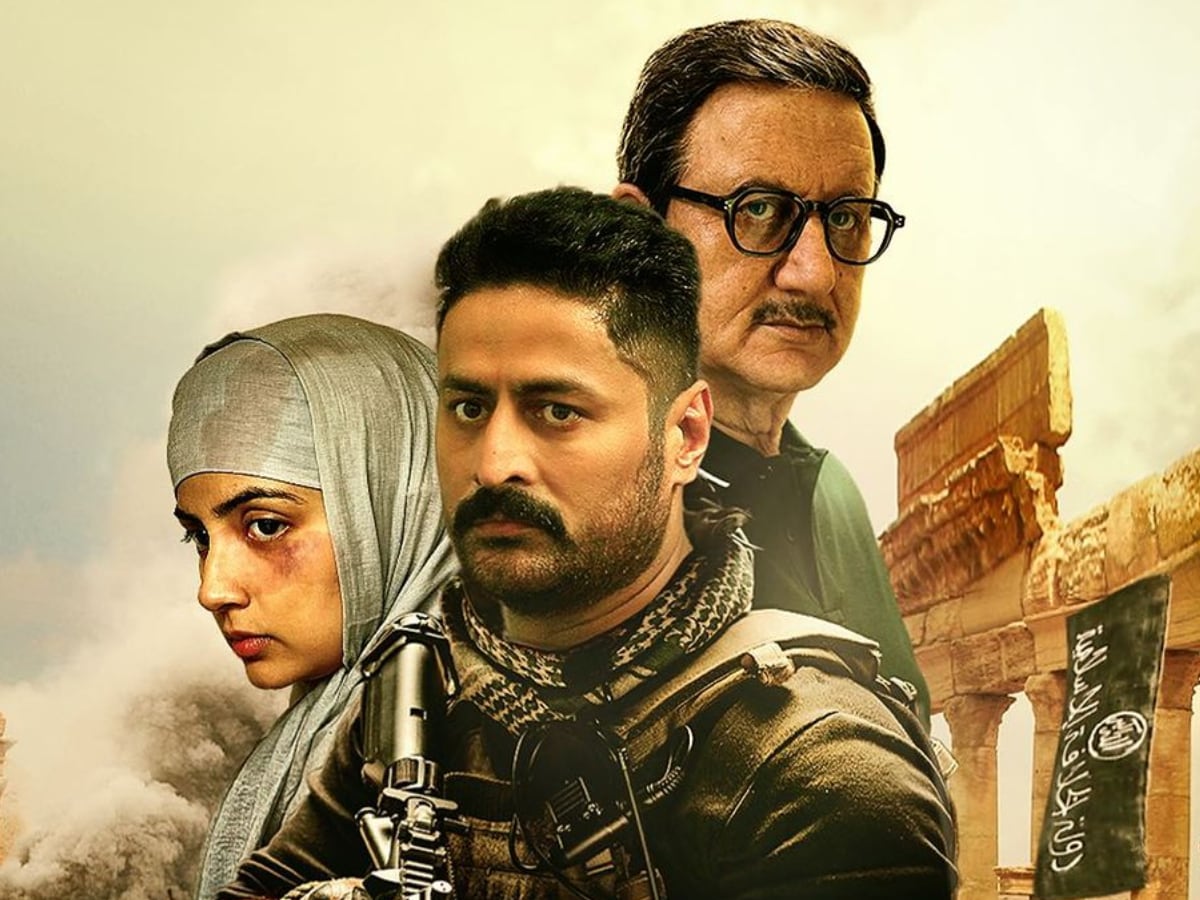
Inspired by the book ‘A Ticket To Syria,’ an ex-police officer turned freelance Avinash Kamath, aka ‘The Freelancer, undertakes the difficult job of rescuing Aliya, a freshly married girl stranded in devastated by war Syria amid the background of increasing ISIS terrorism.
Aarya
The illicit drug mafia and unlawful groups intend to kill his entire family. In reaction, Aarya joined the gangs. The show follows her road towards becoming a crime queen who wants revenge on the people who killed her spouse. In addition, she looks for her three children.
Pam & Tommy
Pam & Tommy tells Pamela Anderson and Tommy Lee’s troubled three-year marriage, with a focus on the burglary and illegal sale and distribution of an iconic sex tape that the pair secretly recorded during their honeymoon.
Criminal Justice
The series follows Aditya Sharma’s (Vikrant Massey) life after he is wrongfully convicted of killing Sanaya Rath (Madhurima Roy). The series is divided into ten episodes. The series begins by presenting Aditya Sharma, a cab driver of a middle-class family.
Saas Bahu Aur Flamingo
A family led by a tough grandmother runs the biggest drug organization in South Asia, deep within the mythological surroundings of Runjh Pradesh. Rani Cooperative, which advertises itself as a homeopathic and doll-making business, is a successful and wealthy business run solely by women.
Special Ops
The narrative features Himmat Singh from the Research and Analysis Wing, who notices identical trends in terrorist incidents and believes a single individual is responsible for all of them. His task force consisting of five agents who reside in different regions of the world seeks to capture the mastermind.
The Great Indian Murder
Popular Vicky Rai, a Delhi industrialist, gets involved in the rape and murder of two underage girls. Vicky throws a celebration after his release from jail. Jagannath Rai is disappointed by the CM and wants Vicky’s assistance in taking revenge. In this current day, police apprehend two killing suspects who have guns on them.
Taaza Khabar
Vasya’s life in the slums is difficult. His sole relief and love interest is Madhu, an illicit prostitute. One day, his charity is repaid as he receives an elderly lady’s blessings. Only Vasya’s buddy Peter trusts in his condition, and they decide to use his newfound authority by attempting to sell an antique vase.
The Night Manager
Shantanu ‘Shaan’ Sengupta, a retired Lieutenant from the Indian Navy, is now employed as a night manager in a five-star hotel in Dhaka, Bangladesh during the Rohingya genocide in 2017. Safina Kidwai, a 14-year-old girl wedded to the famous hotel’s main owner, Freddie Rehman, approaches Shaan for help in escaping to India. After his refusal, she grabs his phone and secretly records a discussion involving Shailendra ‘Shelly’ Rungta and her spouse about purchasing and importing illicit weapons into Bangladesh.
Entertainment
Highest Grossing Indian Movies of All Time
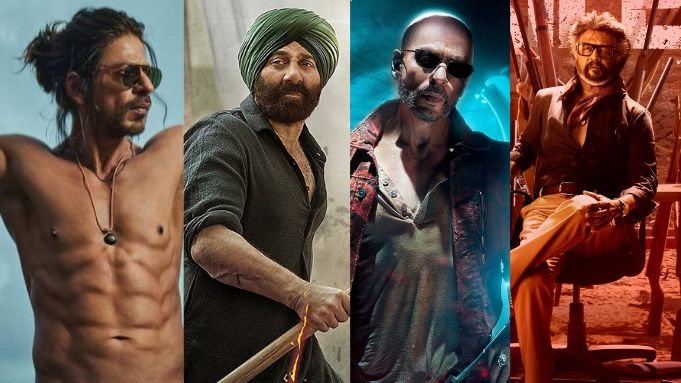
Highest Grossing Indian Movies of All Time
India is the country which produces the highest number of films in the world in a year.
This happens because of the different states and languages that are present in the country, which often help our country to showcase the variation of stories that we have and the range that we have which often end up making a huge mark in the global charts. Today we will discuss these films.
Page Contents
2.0 (2018)
10th number on our Highest grossing Indian movies of all time list. 2.0 a follow-up to Shankar’s Robot (2010) is called 2.0. In that movie, a robot becomes conscious, believes humans are a lower species, and becomes determined to rule the entire planet. The current movie centers on Chitti’s rebirth during the “fifth force” attack on the planet. The film opens with an elderly ornithologist named Pakshirajan (Akshay Kumar) taking his own life. From that day forward, odd things continue to occur.
.jpg?rect=0%2C0%2C1920%2C1080&auto=format%2Ccompress&fmt=webp&width=120&w=1200)
People’s mobile phones in Chennai seem to fly away from one another. Subsequently, cell phones are implicated as a killing weapon in two murders: the chief of a wireless service provider and the largest mobile dealer in the city. Investigative support is requested from the scientific community.
Secret Superstar (2017)
Insia comes from a rather traditional household, despite her intense love for music. Her mother quietly permits her to pursue her love of singing, even if her father forbids her from developing her gift.

She starts sharing her songs online under aliases and becomes well-known across the country, even among music business insiders. Her struggle to become independent and pursue her goal of becoming a musician is depicted in the film.
PK (2014)
PK is a situation-driven comedy about an outsider in the city, PK (Aamir Khan) who asks questions no one else has. The questions are innocent, child-like queries, yet the answers are disastrous. People who have been stuck in their ways of life for generations have to rethink the world around them when they see it through PK’s innocent eyes.
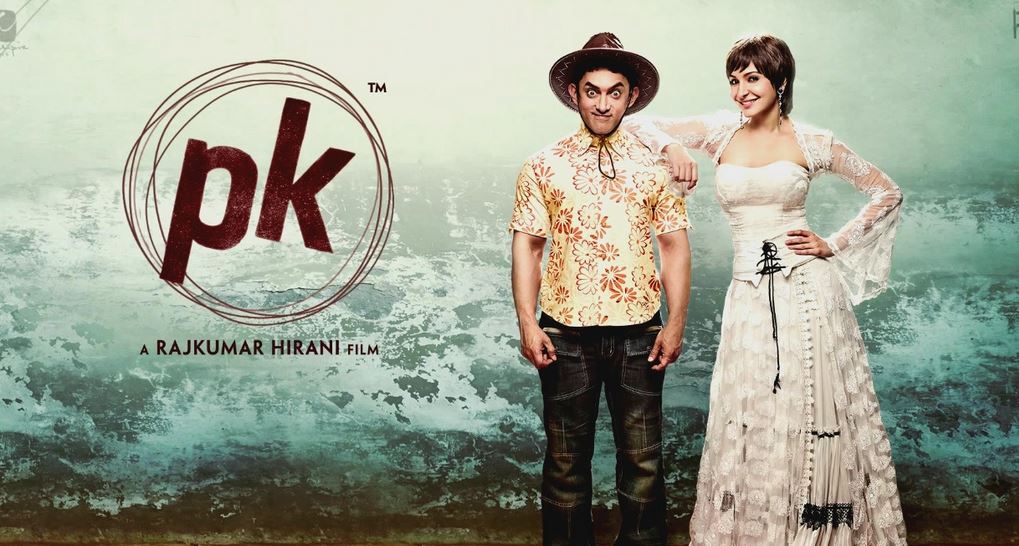
In the process, PK makes both devoted friends and powerful rivals. Heals broken lives and enrages the structure of society. P. K.’s naive curiosity leads to a spiritual journey for him as well as hundreds of thousands of others.
The movie is a daring and creative study of complicated philosophical ideas. It additionally serves as a simple and heartfelt story about love, laughter, and letting go. Finally, it’s a touching story about a bond between strangers.
Animal (2018)
Ranvijay Singh Balbir returns after eight years to protect his father Balbir Singh following an attempt on his life, which leads him to discover the darkest secrets of his family.

The film is a love story between the character of Ranvijay Singh Balbir, played by Ranbir Kapoor, and his father, Balbir Singh, played by Anil Kapoor.
Bajrangi Bhaijaan (2015)
Pawan, a devoted Indian Hindu meets a mute Pakistani Muslim girl named Munni. Pawan grows a more accepting, compassionate man as an outcome of Munni’s positive impact. Bajrangi Bhaijaan brings two people from very different origins together in an alternate father-daughter friendship. Of course, Pawan faces numerous challenges in bringing Munni home.

There are as many bitter situations to watch in Bajrangi Bhaijaan as there are good moments. It’s an extremely moving experience that promotes peace among individuals.
Pathaan (2023)
Indian Intelligence agent “Pathaan” (Shah Rukh Khan) learns of a huge upcoming attack on India, carried out by a hired killer squad lead by the brutal mystery Jim (John Abraham), who has his history.
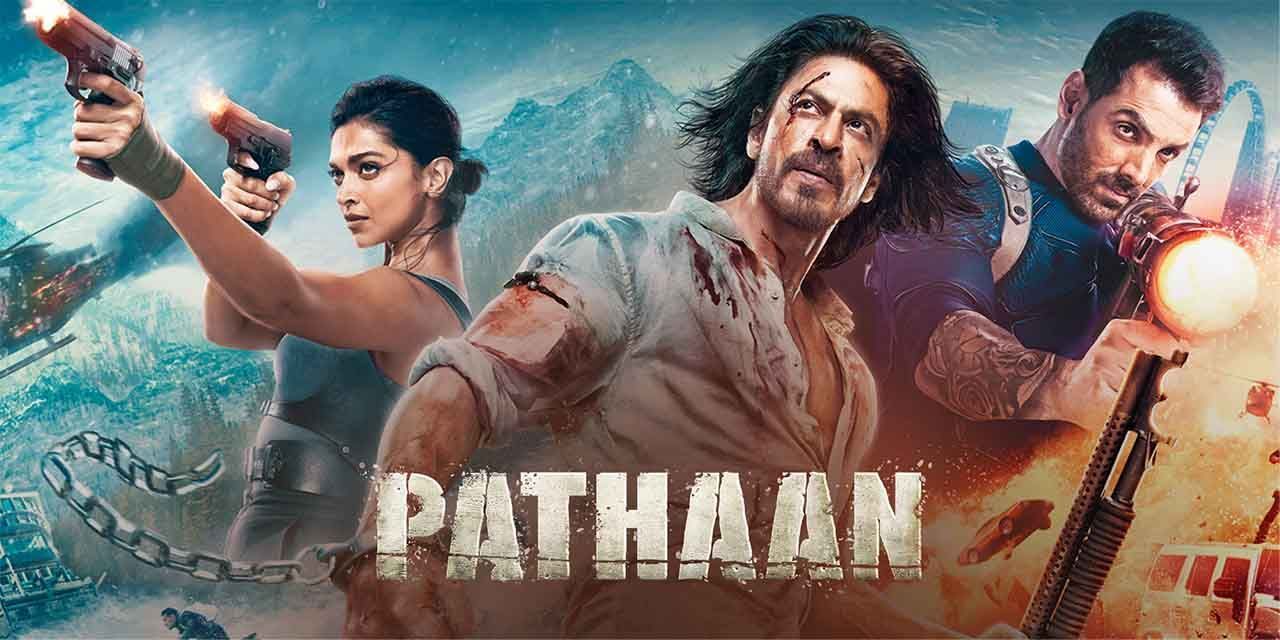
With the doom clock ticking and his only possible friend, agent Rubai (Deepika Padukone), Pathaan must fight multiple deceit and confront destruction as he fights Jim.
Jawan (2023)

A guy is motivated by an agenda to right injustices in society while upholding an agreement he made years before. He encounters a fearless terrible outlaw who has brought immense distress to many.
KGF: 2 (2022)
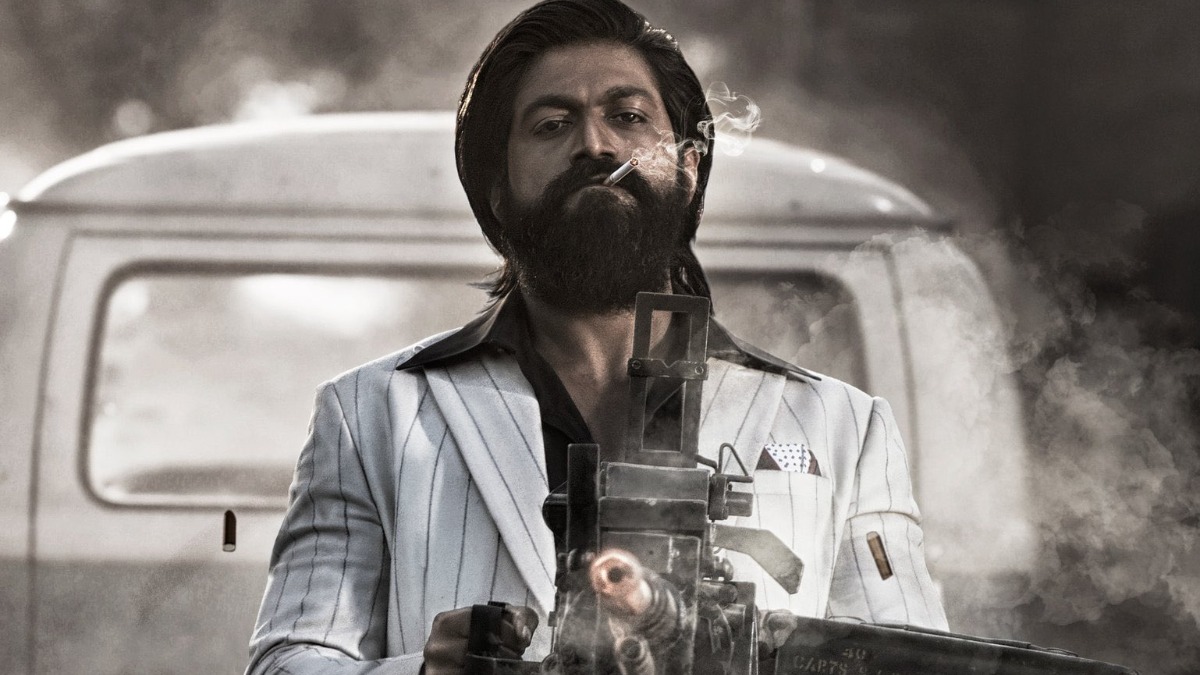
The blood-soaked kingdom of Kolar Gold Fields now has a new ruler, Rocky, whose name instills dread in his opponents. His allies look to him as a rescuer, the authorities regard him as an enemy, and his opponents demand vengeance.
RRR (2022)

A courageous rebel and a British officer who once had a profound friendship choose to join the forces and create an inspiring road of freedom against dictatorial regimes.
Dangal (2016)

At the top position of Highest grossing Indian movies of all time list is none other than Dangal. Mahavir Singh Phogat, a former professional wrestler, chooses to pursue his goal of earning a gold medal for his nation by training both of his daughters in the Commonwealth Games, despite prevailing social stigmas.
Entertainment
Alia Bhatt’s Stellar Filmography
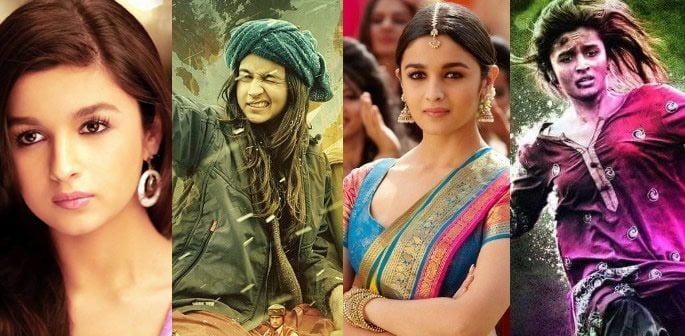
Alia Bhatt is one of the most prolific Bollywood Actresses in the contemporary space of Bollywood, who has also ventured into Hollywood last year. She has proved her talent through numerous films and started her career at the mere age of 19 with the Karan Johar directorial Student of the Year (2011).
Known for her depictions of women in challenging scenarios, she has won several accolades, including a National Film Award and six Filmfare Awards. She is one of India’s highest-paid actresses of Bollywood, appearing on Forbes India’s Celebrity 100 list since 2014 and receiving the Time100 Impact Award in 2022. Today, on her special day, we will take a look at the most celebrated Alia Bhatt movies in Bollywood.
Page Contents
Alia Bhatt’s Stellar Filmography
2 States (2013)
A romantic journey of a culturally contrasting couple, Krish Malhotra and Ananya Swaminathan. They meet at IIM-Ahmedabad College and fall in love while participating in the program. Complications emerge when the program ends and they decide to marry. Krish and Ananya are from separate states in India. Krish, a North Indian Punjabi kid from Delhi, and Ananya, a Tamil Brahmin from Chennai.

They make an intentional decision: they will not marry until both of their parents agree. Everything goes wrong once the parents meet. There is a dispute over culture, and the parents are against the wedding.
To turn their love tale into a loving marriage, the pair must confront a difficult challenge. Because it is simple to put up barriers and resist, but far more difficult to persuade.
Badrinath Ki Dulhania (2017)
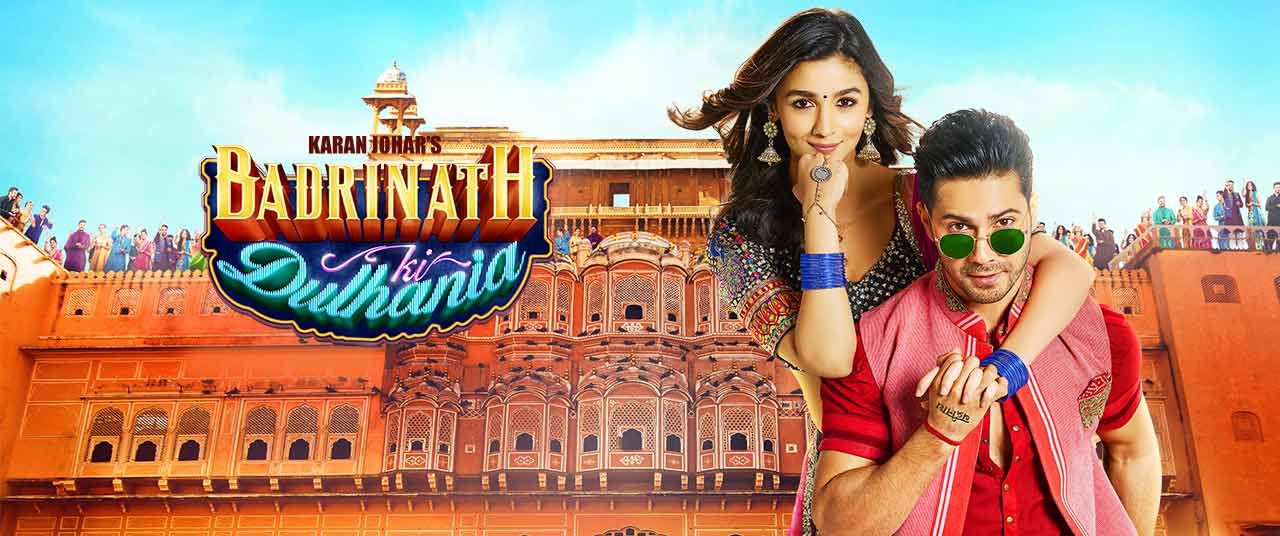
Badri, the rich man’s son, encounters Vaidehi during a wedding, and flames flare between them. However, when he desires little more than to marry her, she wishes to follow her ambition of becoming an air hostess.
Rocky Aur Rani Ki Prem Kahaani (2023)
Dhanlaxmi Randhawa is a prideful businesswoman who considers her spouse Kanwal to be a loser and never allows her son Tijori to get attached to him. Kanwal was involved in an accident and was confined to a wheelchair for the rest of his life.

Years later, he experiences certain occurrences in his life and uses the name Jamini. The doctors encourage them to trace Jamini since it could help them regain their grandfather/father. Rocky, his grandson who is considerably closer to him, tracks down Jamini Chatterjee and discovers that her granddaughter is Rani Chatterjee, a popular anchor.
Rocky sees Rani tells her about Kanwal and asks her grandmother whether she knows him. Rani doesn’t take him seriously, but Jamini reveals the truth.
Raazi (2018)
Raazi is amongst the most critically acclaimed Alia Bhatt movies. During the 1971 India-Pakistan conflict, Hidayat Khan, a freedom fighter, worked as an agent for the Indian government, providing information about Pakistan.

Hidayat Khan hopes that his 20-year-old daughter Sehmat continues to carry on his legacy, as death may call him at any time due to his blood tumors. Sehmat agrees to continue her father’s cultural heritage and is trained by Senior Officer Khalid Mir and his assistant Bakshi.
Hidyat is on friendly terms with Brigadier Parvez Syed, a Pakistani army officer, and chooses to marry Sehmat to his younger son, Iqbal Syed, who is also an army officer.

Sehmat works to settle into her newlywed status and gain the trust of her family, while simultaneously learning important intelligence about Pakistan’s plans against India, which she sends on through various intermediaries. But Sehmat is constantly skeptical of the house’s devoted cook Abdul. Will she be able to do her job?
Darlings (2018)
Badrunissa (Badru) and Hamza are deeply in love and intend to marry after Hamza receives a government job as a T. C (Ticket Collector) in Indian Railways. Still, Badru’s mother, Shamshunissa, is not pleased with her decision.
Three years later, things are not going well between Badru and Hamza since he has become an alcoholic and frequently hits Badru, demanding that she live according to his rules. He is also opposed to his building’s renovation proposal. Shamshunissa is well conscious of her daughter’s regular mistreatment and wishes for her to return home, but Badru remains hopeful that Hamza will change one day.
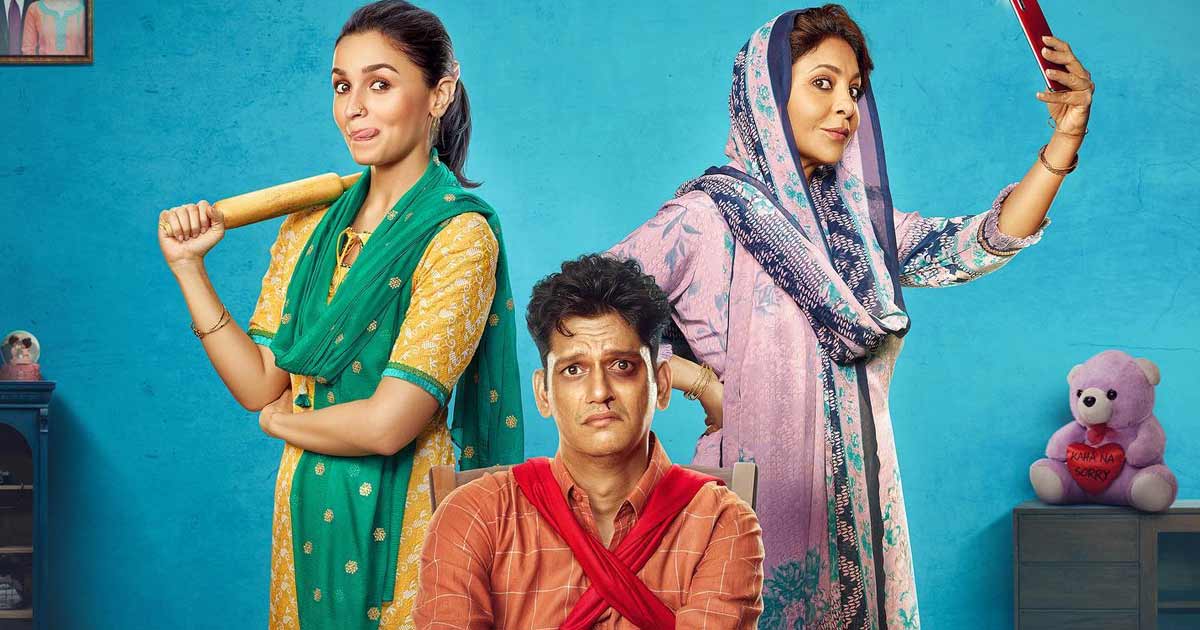
Zulfi, a common acquaintance of Badru and Shamshunissa, complains to law enforcement about Hamza being a wife abuser, but with his sweet talk, Hamza persuades Badru to withdraw the accusation. On their trip home, Hamza strikes Shamshunissa, and Badru is forced to choose between her mother and her husband, ultimately choosing Hamza, causing both mom and daughter to cut connections.
A couple of days later, Badru learns of her upcoming pregnancy and joins Shamshunissa at the very same time Hamza learns through Inspector Jadhav that Zulfi has filed a complaint against him, and Badru is well aware of it. Hamza fears a sexual relationship between them and throws Badru downstairs, causing her to miscarry.

However, Badru continues to stay there; she intends to hold Hamza hostage in their home and torment him in the same way he tortured her. This is Alia’s first OTT project but this series was no less than any Alia Bhatt movies and her performance was praised.
Udta Punjab (2016)
What might a rock superstar, a migrant worker, a doctor, and a cop have something in common? Simple, Punjab! Udta Punjab brings you on an unforgettable journey with four lives and one bond. Shahid Kapoor, Kareena Kapoor, Alia Bhatt, and Diljit Dosanjh play people from all walks of life who each tackle the drug curse in their unique way.

The film explores the manufactured highs and actual lows that they encounter while traveling down dangerous routes. But most importantly, Udta Punjab is about the legendary Punjabi spirit, which, despite being completely down, has the nerve to stare you in the eye.
Gangubai Kathiawadi (2022)
Gangubai most recent and most successful among Alia Bhatt movies. A small girl gets sold to Rashmibai’s brothel and forced to work in the prostitution trade. When the girl refuses to accept, Rashmibai feels compelled to seek the assistance of Gangubai Kathiawadi. Gangubai Kathiawadi, also known as Ganga, desired to become an actress and fled to Mumbai with her fiance Ramnik, who sold her to Shelia Masi’s brothel.

Gangubai had little choice but to become a prostitute, but she earned the respect of other women because she would be their primary support in their fight against Sheila Masi. Gangubai eventually forms a brotherly friendship with Don Rahim Lala. Gangubai quickly established herself as the mafia queen and aimed to improve women’s lives in her town. She chooses to enter politics, but she faces a formidable opponent in Raziabai.
Highway (2014)
A city girl, youthful and full of life, is on a highway at late midnight with her fiancé. Suddenly, her life changes from the shiny jewels of marriage to the gruesome brutality of kidnapping.

Her life will not be ever the same again. The gang is terrified; the girl is a wealthy industrialist’s daughter, and his connections in the halls of power make compensation impossible. However, for the leader of this organization, giving her back is not a choice. As the days pass, the countryside changes and the girl believes she has undergone shifts as well.
Slowly, a weird link forms involving the person being oppressed and the one who oppresses her. For the first time in her imprisonment, she feels carefree, happy, and peaceful.

So which one is your favorite among the above-mentioned Alia Bhatt movies? Let us know in the comments.

 Entertainment2 years ago
Entertainment2 years ago18+ Series That You Undoubtedly Should Not Watch With Your Family

 Entertainment2 years ago
Entertainment2 years agoTop 10 Indian Hot Web Series That Will Raise The Temperatures

 Entertainment2 years ago
Entertainment2 years ago10 Adults Only Ullu Hot Web Series

 LGBTQ+7 months ago
LGBTQ+7 months ago8 Bold and Unapologetic Indian Gay Web Series

 Recommendations2 years ago
Recommendations2 years ago10 Best Anime Movies In Hindi By Studio Ghibli

 Entertainment1 year ago
Entertainment1 year ago10 Quotes That Make Farzi Web Series Iconic

 Entertainment1 year ago
Entertainment1 year ago5 Hande Erçel Dramas In Hindi On YouTube

 Nostalgia3 years ago
Nostalgia3 years ago90s Snacks Of India That We Will Probably Never Eat Again


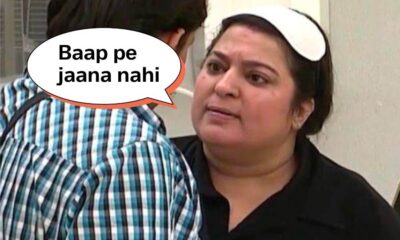

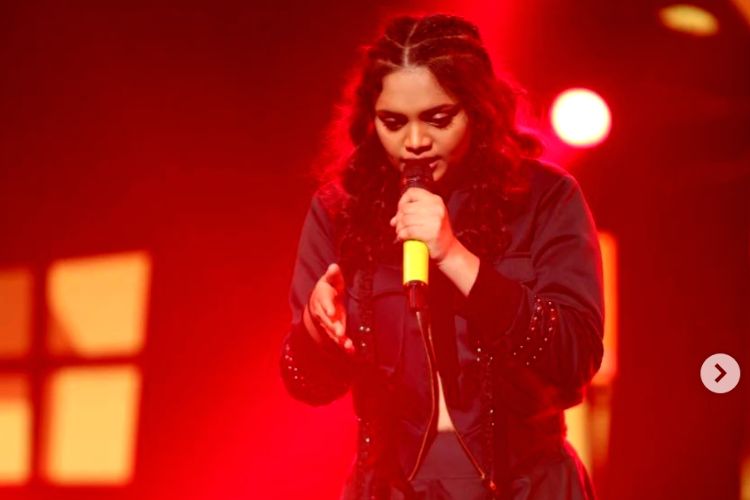
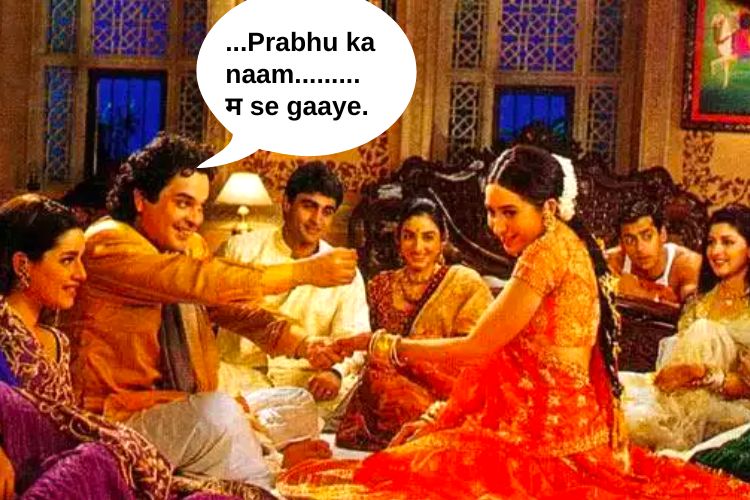
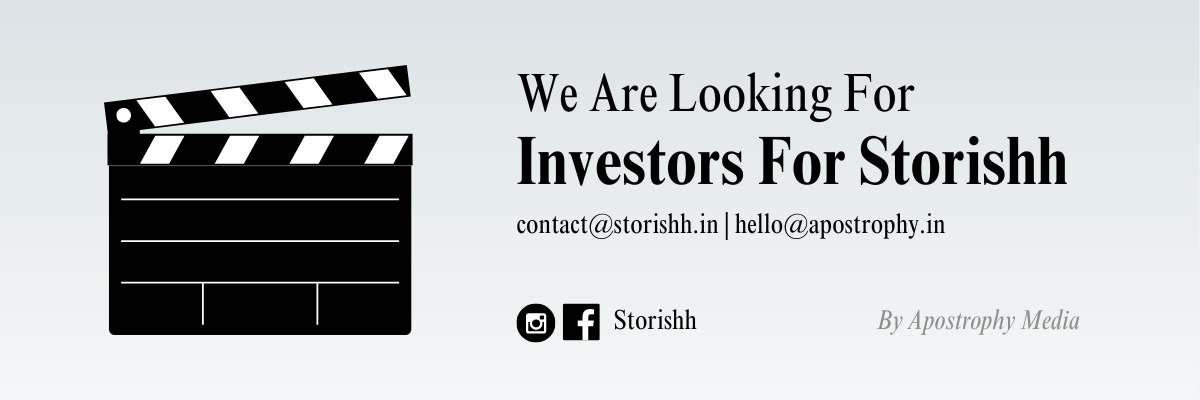
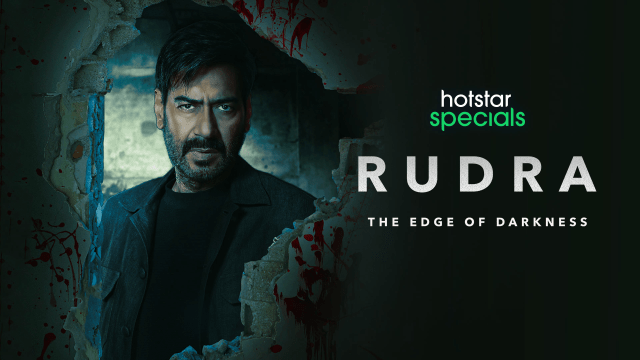




















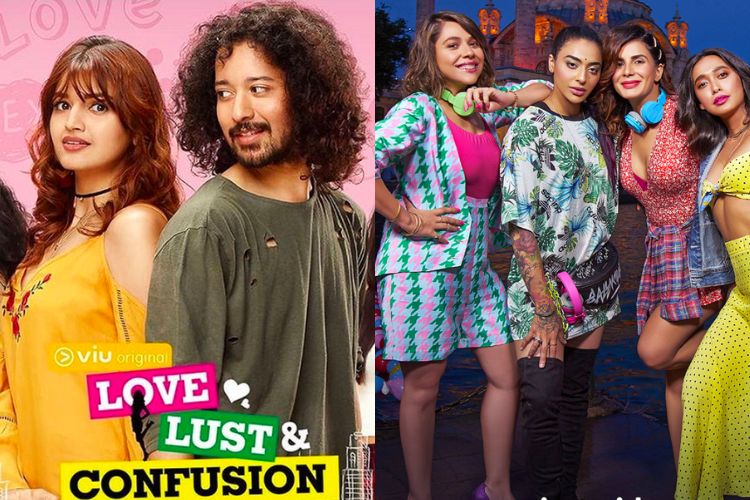
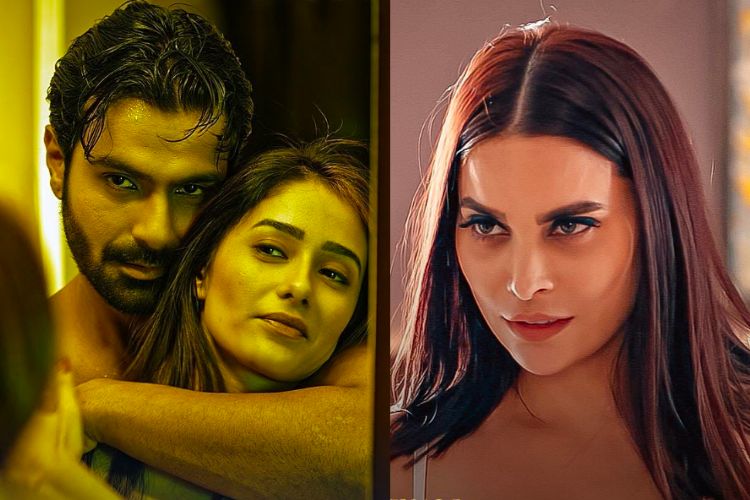
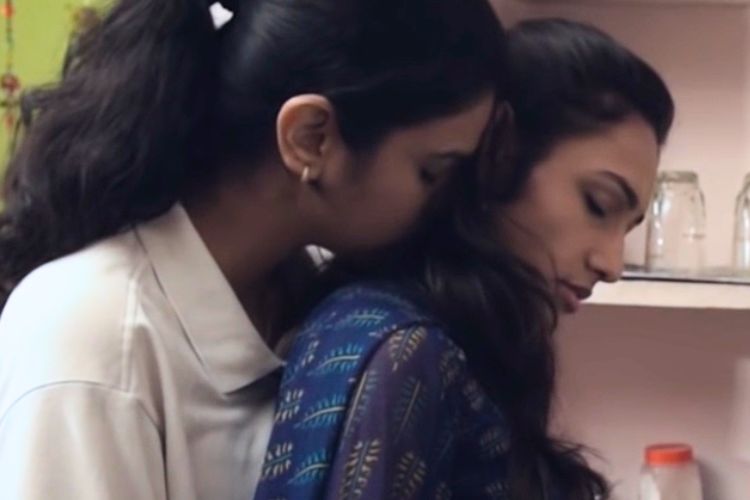
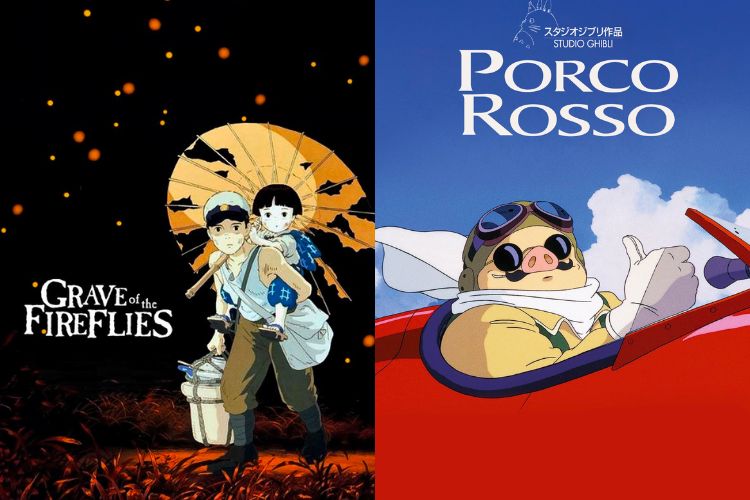
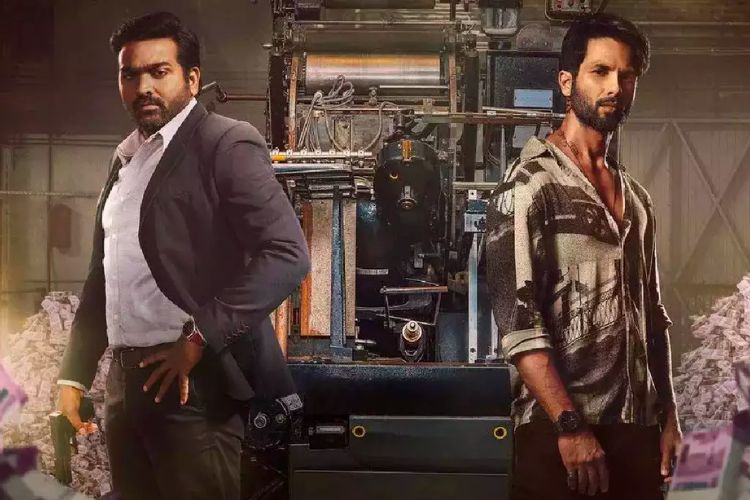
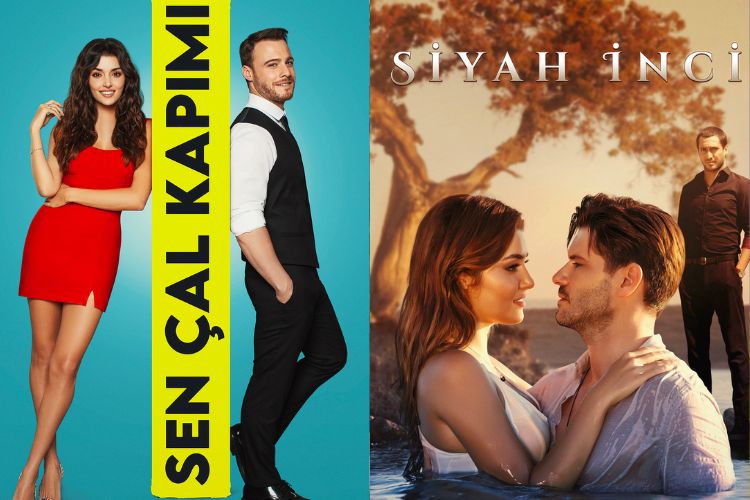

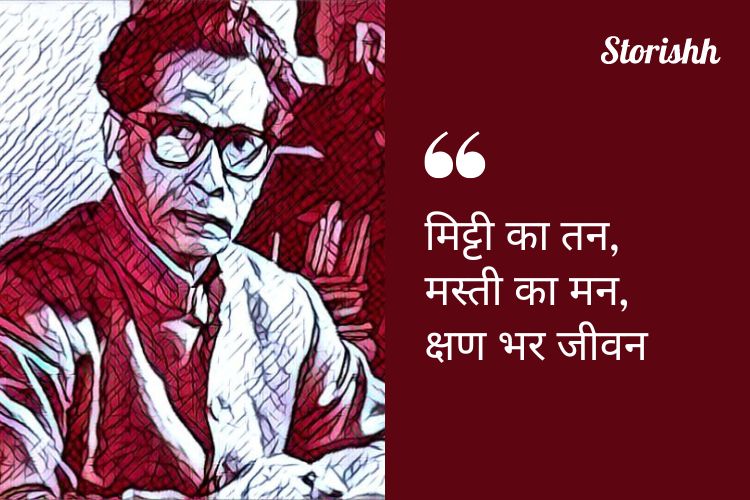
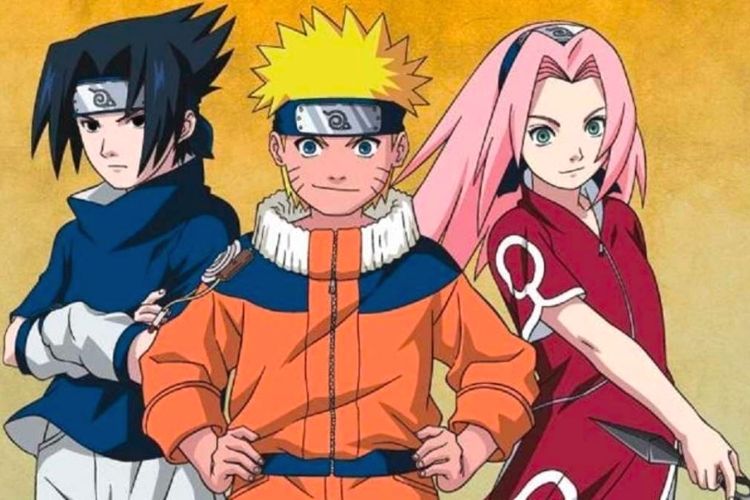


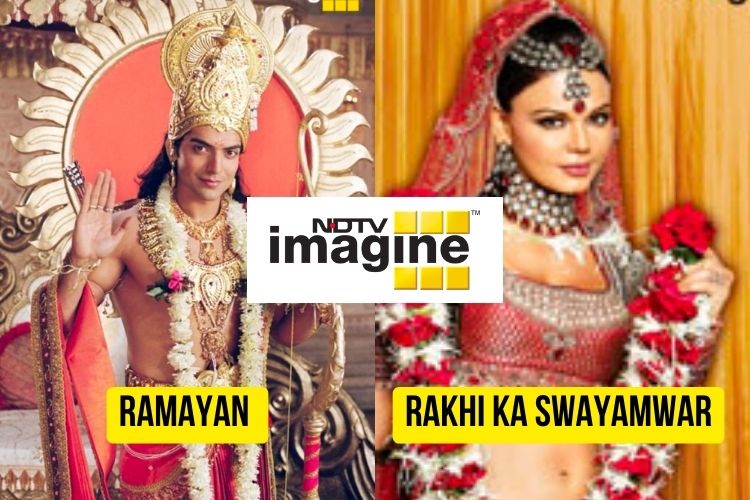
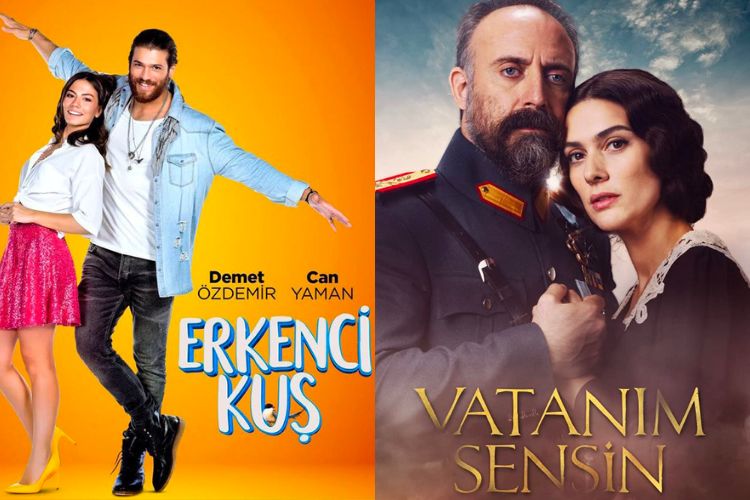
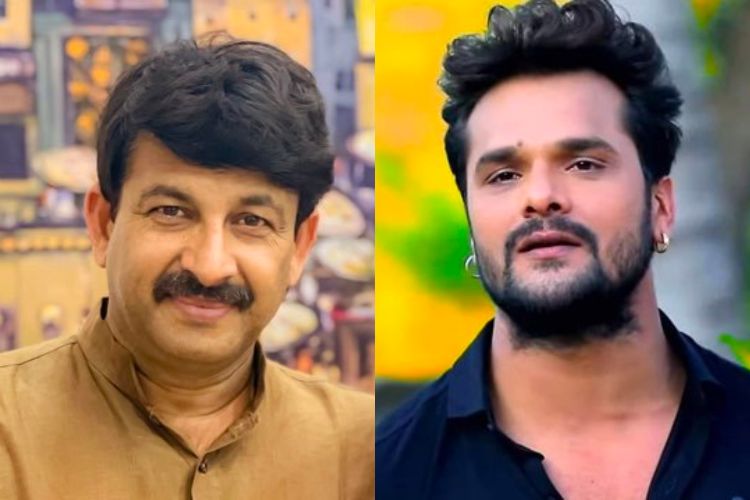
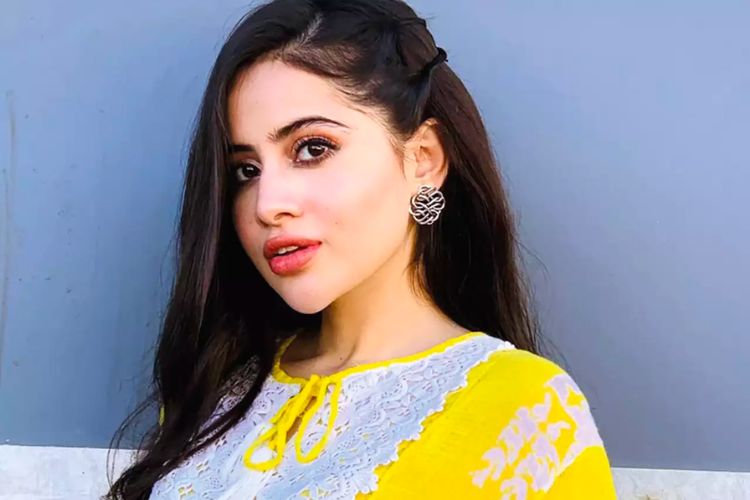


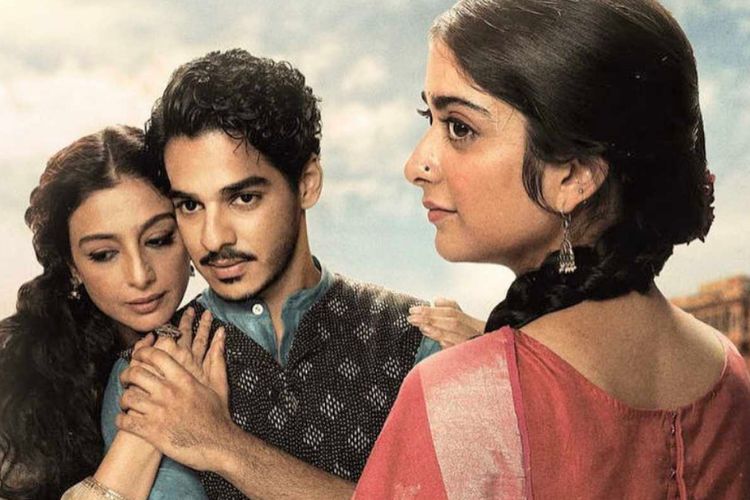
Pingback: Seinfeld Cast & Crew, Release Date, Best Episodes | Storishh
Pingback: Another Life Season 2 Review | Date, Trailer, Cast
Pingback: Shahrukh Khan Must Watch Movies That Have Blessed Us Over The Years - Storishh
Pingback: Role of love you Zindagi quotes in our life – Storishh
Pingback: 6 Fictional Comfort Characters You Can Take Advice From - Storishh
Pingback: Before Trilogy Quotes That Gave Us To Ponder About - Storishh
Pingback: Class On Netflix: Spanish Thriller Adaptation Or Dark SOTY, Plot, Cast, And Review - Storishh
Pingback: Female Directors And Their Feminist Perspective In Bollywood